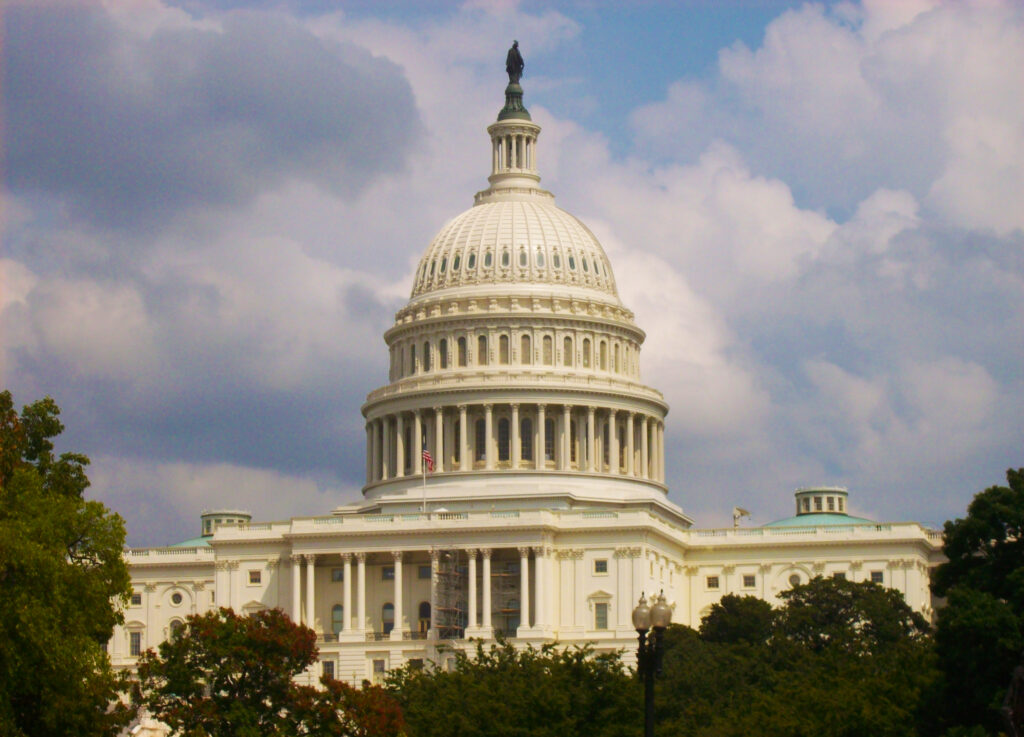An important discovery in understanding productivity change and economic growth is the phenomenon of “learning by doing.” One of the first discoveries of this phenomenon was in the aircraft industry during World War II. Defense contractors discovered that in producing a particular aircraft, the labor force was more efficient with each successive contract. The labor force gained knowledge in producing aircraft in the initial contract that they applied in subsequent contracts.
Learning by doing is found to increase productivity across many industries. It is found in pursuing public policies as well. I gained insight into these learning effects as a member of the Colorado Tax Commission. We held hearings across the state to gain insight into citizen attitudes toward fiscal policy, and in particular to Colorado’s Taxpayer Bill of Rights Amendment (TABOR). If any government in Colorado wants to increase taxes, revenues, or issue public debt, it must have citizen approval. Citizens in Colorado have voted on hundreds of these ballot measures at all levels of government since TABOR was passed through citizen initiative in 1992.
Hearings that our Tax Commission held in Limon, Colorado revealed the learning effects in making local fiscal policy decisions. The town fathers put a measure on the ballot to increase sales taxes to fund a new city office building. Citizens voted down several of these ballot measures before passing a small sales tax increase for a scaled-down city office building. Citizens testified that they could not afford a large sales-tax increase because local farmers and ranchers would simply take their business down the road to a community with lower sales taxes. Most of the local ballot measures, such as the one in Limon, eventually pass. But at the state level, very few ballot measures calling for increased taxes, revenues, or debt have passed.
The explanation for this difference was revealed in a survey conducted by our Tax Commission. The majority of Colorado citizens stated that they have more confidence in how their tax dollars are spent at the local level compared to the state level. The majority of citizens also reported that they think the federal government wastes most of the tax revenue it receives.
TABOR has had a significant impact on both the level and composition of government in Colorado. When citizens have a voice in fiscal policy decisions, as required by the TABOR Amendment, they have a clear preference for a strong federalist system, with tax and spending powers concentrated at the local level relative to the state level. Over time, citizens have learned how to constrain the growth of state government relative to local government. The Colorado Constitution was designed to give local governments autonomy from the state government, especially when it comes to the power to tax and spend, and TABOR has strengthened these provisions of the Constitution.
Over the years, Colorado citizens have learned how to use the power of the ballot box to constrain the growth of government. One of the important provisions of TABOR is that surplus revenue in excess of the TABOR limits on revenues and spending must be returned to taxpayers in the form of tax rebates. Tax rebates play an important role in rules-based fiscal policy. Tax rebates signal to taxpayers that a government is collecting more tax revenue than TABOR allows. TABOR allows governments to spend surplus revenue with voter approval, rather than return the money to taxpayers who paid the excess taxes.
Many of these ballot measures pass at the local level, especially when the surplus revenue is spent on specific projects, such as education; but few of these ballot measures to spend surplus revenue pass at the state level. The state ballot measures usually call for the expenditure of surplus revenue to fund a variety of state projects. The perception of taxpayers is that the fungibility of state revenues allows legislators to shift funding around to fund special interests despite what the ballot measure calls for. Colorado taxpayers have learned to reject these bait and switch tactics.
Other states and the federal government should take note of the learning effects of TABOR in Colorado. The fiscal rules enacted at the federal level have been ineffective because, unlike in the states, the federal government does not have any fiscal constraints in the Constitution. Because the federal fiscal rules are statutory, it is easy for legislators to circumvent or suspend them, which they have done routinely over the years. State and local governments, on the other hand, have enacted effective constitutional as well as statutory fiscal rules, including debt limits, balanced budget requirements, tax and expenditure limits, rainy day funds, and veto authority.
Incorporating fiscal rules into the Constitution increases transparency and accountability. In addition, unlike statutory debt or spending limits, only a constitutional provision can bind both current and future legislatures. Incorporating fiscal rules in the U.S. Constitution would give citizens a voice in fiscal policy and prevent legislators from behaving in a fiscally irresponsible manner. If legislators failed to balance the budget and/or stabilize debt at reasonable and sustainable levels, they would face the wrath of citizens who voted to incorporate the fiscal rules in the Constitution. Citizens would then have recourse through the legal system to enforce the constitutional fiscal rules.
Citizens have the power under Article V of the U.S. Constitution to address federal fiscal irresponsibility. Two-thirds of the states (34 states) can call a convention of states to propose fiscal restraints on the federal government. Any resulting fiscal responsibility amendment proposed by a convention must be submitted for ratification by three-quarters of the states (38 states), preferably by a vote of the people as was the case with the 21st Amendment.
Recent research discovered that more than the required number of states called for such a convention of states in 1979 and yet Congress has failed to act. Legislation introduced in Congress (H.C.R. 24) would require Congress to fulfill its obligation under Article V of the Constitution to certify and count state resolutions and call the convention. Private non-profit organizations are now working with state legislators in an appeal to the Supreme Court for a Declaratory Judgement that would require Congress to record and count the applications. Citizens must now step up and demand that Congress set the time and place for such a convention as required under Article V.
Photo by Lars Di Scenza. Creative Commons Attribution-Share Alike 4.0 International.



